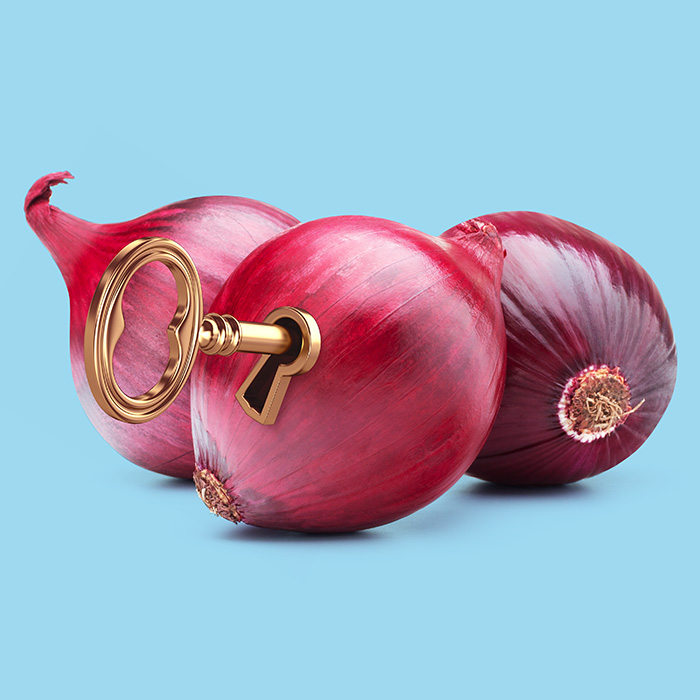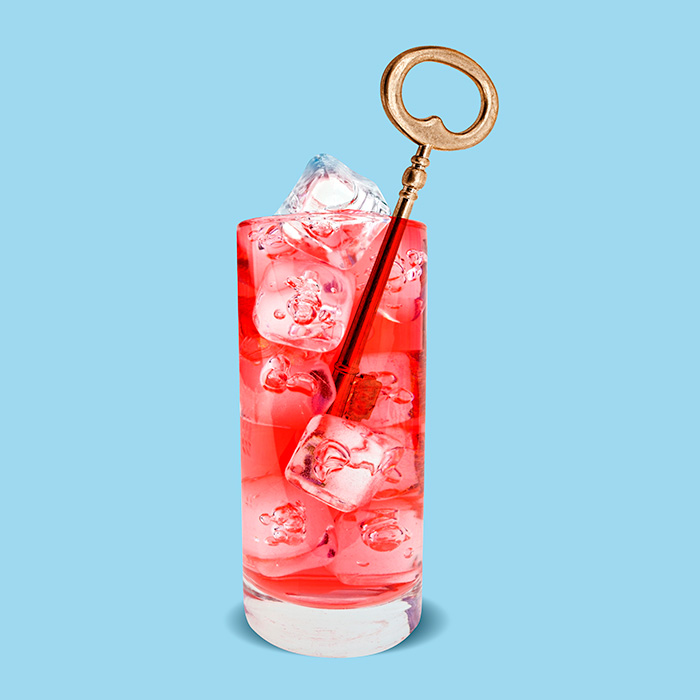Health
Secrets of Recovery
We all get sick or injured, but it’s how you get back to normal life that makes you different from the rest. Find out how to recover more quickly and effectively from these common complaints
Beat colds and flu
Food and water – those life essentials are, perhaps unsurprisingly, the key to your quicker recovery. If you’ve got a temperature, your metabolism increases (around 7% per degree above normal) so you need calories to get through this. Just like the cliché says, chicken soup is by far the best food you can get down you right now, for several reasons. First, it’s mainly liquid and it’s hot. Your body needs more water than ever to work hard to flush out the virus, and the warmth helps it do that. But according to a report published in medical journal Chest, there are other reasons too – getting a bowlful down your mouth appears to inhibit the harmful effects of the virus, getting you feeling good sooner.
Finally, the eternal question – how soon can you get back to exercising? If it’s just a cold, there’s no need to stop. Research from the American College of Sports Medicine found that women who walked briskly five days a week, even when they had cold symptoms, recovered in half the time of those who did not. So start slow and avoid overexerting yourself, and be sure that your ‘cold’ is only in your head and neck area, not your lungs. If breathing is difficult, exercise isn’t a good idea. But if your symptoms are from the neck up, and you’ve got the energy, exercise could help. “Exercise reduces the impact of stress hormones, which make us more vulnerable to colds and flu,” says Dr. Marilyn Glenville, nutritionist and author of The Natural Health Bible for Women (www.marilynglenville.com). “So while I wouldn’t suggest going for a long run or building up a lot of sweat while you’re recovering, going for a walk, ensuring you don’t get cold or tired throughout, could well help you rest more easily later on and recover sooner.”

Throbbing sinusitis
The invisible pain of sinusitis makes it even harder to deal with, mostly because it’s hard to provoke sympathy in others if they can’t see or hear the pain. Yet the feeling of intense pain in your sinuses – caused mainly by the swelling of the lining as well as mucous – can make you want to scream. What’s worse, once you’ve had an infection in your sinuses you’re more prone to it in the future. While most cases of sinusitis require antibiotics, there are several things you can do to recover sooner and, in some cases, even prevent a new onset in the future.
First, as with any infection, drink like you’re made of water (yep, you are, pretty much). Think of yourself as a glass that needs to be topped up all day and even some of the night long. If your body’s reservoir runs even a little drier than usual, it can’t fight that infection as well as it could. Now, imagine your sinuses are like the pipes connected to your body’s reservoir – and they’re blocked. It’s time to irrigate. This is done with a ‘neti pot’ and it creates a sensation many find excruciatingly uncomfortable at first, but once you’ve got the hang of it, and feel the fantastic release afterwards, it can even become almost pleasant. Almost.
Get yourself a glass of room-temperature previously boiled water (it must be boiled to avoid any potential bacteria that could be lurking in it) mixed with a teaspoon of sea salt (or better yet a specially formulated rinse solution, available from your pharmacy with the neti pot) and stand over a sink. Tilt your head and then pour the liquid in one nostril, allowing it to flow out of the other one. Be careful not to breathe through your nose or swallow otherwise you might end up with a throat full of water. This effectively does what your body is trying to do but failing – producing enough liquid within the sinuses to flush out the infection.
Just as important to recovery from sinusitis if you have taken antibiotics, are probiotics. While you’re taking the meds your body’s healthy bacteria suffer an onslaught and you’ll be left with an unhealthy balance of bacteria in your gut. Eat live yogurt, fermented vegetables (kimchi, sauerkraut, or make your own with salt water in jars) or take a probiotic supplement.
Heal that aching back
Back pain is one of the most common muscle-related complaints and lower-back pain is the single leading cause of disability worldwide, according to the American Chiropractic Association. Sadly, it’s hard to treat it in the same way as we would an arm or leg muscle injury. Not using one leg for a while is far easier to manage than not using your back… which means not walking, standing or sitting!
Thankfully, there are things you can do to get back to the gym, driving or even sex sooner. “The soreness you feel in your back when you’ve lifted something too heavy or in an uncomfortable way, or even when you’ve slept in a new bed, is down to the muscles and fascia becoming tight and knotted,” says McTeggart. “This is the same type of connective tissue that gets sore when you do a heavy session of chin-ups, for example, just on your back. And, just as manipulating your biceps helps undo those ‘knots’, so can massaging your back.”
Trouble is, not all of us have an in-house masseuse (if only!), but a couple of tennis balls may help. “Two tennis balls in a sock can make a great massage tool,” says McTeggart. “This figure of 8 can be placed under the back, spine in the center [so the balls are either side] allowing the person to lean back and apply pressure to the right areas.” Roll up and down and apply more pressure to the areas where you feel the most agony. The relief can be almost instantaneous, far outstripping the tender approach a soft foam roller can’t always offer.
Get moving after a knee injury
We’ve all been there – you’re working out regularly, doing great, feeling great then you notice a little niggle in your knee. It’s not painful, so you ignore it. Soon you can’t even walk up the stairs without clinging to the bannister. You rest, you ice it, you apply a compress and keep it elevated whenever you can. That’s all good, but you’re missing an important element in your recovery – food. And, if weight loss or endurance training is your goal, you might consider eating less so you don’t gain weight, but that would be a big mistake. “When you suffer a sports injury, your body needs more fuel not less,” explains trainer Neil McTeggart (@neilmct). “Resting metabolic rates can rise from 15% up to 50% during a recovery phase.”
During the first few days your body is in a state of inflammation – that’s where the swelling and bruising comes from. You can help get your internal wounds healing more quickly with omega-3 fats (cold-water fish, flaxseeds, soybeans, and chia) which help reduce inflammation. Those fats may also help repair nerve damage, according to research from Queen Mary University of London. To ensure the balance is just right, it’s also wise to reduce omega-6s (vegetable fats). Then, your body gets rid of the damaged cells and works on creating new tissue (scar tissue at this point). Now, just because you feel floppy and useless, doesn’t mean you should give up on the protein, quite the opposite in fact. According to a study published in Sports Medicine, upping your intake at this time (to around 2g per kg per day) can help minimize muscle loss.

Get healthy after cystitis
“Make sure that you are eating well to boost your immunity and encourage your body to overcome infection,” says Glenville. “That means acidic foods and drinks, such as tea, coffee, alcohol, sugar, meat, spicy foods and undiluted citrus juices, are out as they will prevent your body from healing as quickly.” Instead, stick to water and alkalizing herbal teas such as red bush, peppermint or rosemary.
Also, drink cranberry juice. “Unsweetened, cranberry juice helps your body fight cystitis, because it prevents the bacteria from attaching themselves to the lining of the bladder and urethra where this infection occurs. If they can’t get a hold there, the bacteria can’t multiply and this means they simply get washed away in your urine.”














